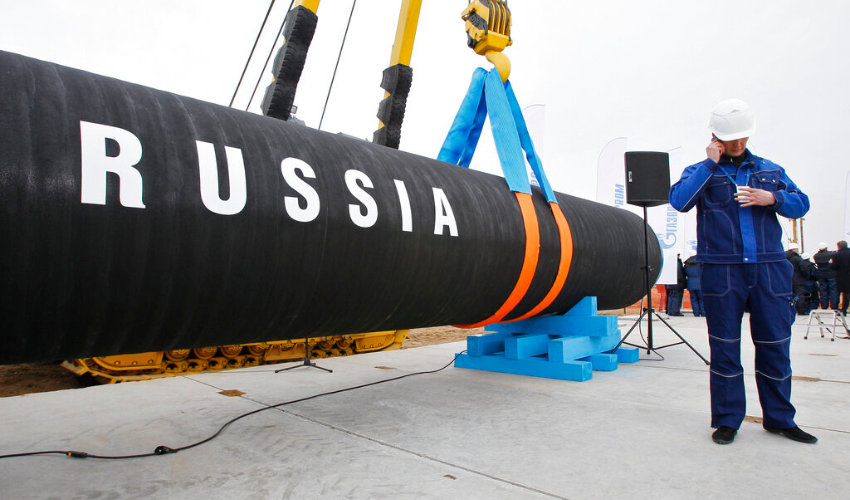The pipeline agreement between Gazprom and Ukraine for the transmission of gas to European countries has expired. And, as it happened- with that, the last still-working trade and political accord between Russia and Ukraine did end.
Since the expiration of the agreement, Russian natural gas supplies to many European countries have ceased. The transit agreement even allowed Gazprom to continue providing natural gas to Slovakia and Moldova, among other countries, during the time of war. However, Ukrainian Energy Minister German Galushchenko issued a statement saying Ukraine will not extend that agreement.
Slovakia’s Concerns as Gas Supplies Halted
Afraid of a cut in its gas supplies, Slovakian Prime Minister Robert Fico went to Moscow last week for talks with Russian President Vladimir Putin. Fico threatened, unless Ukraine renewed the transit agreement, Slovakia could stop its electricity exports to Ukraine. Ukraine dismissed the threat, saying it was afraid not and not worried.
Energy Minister Galushchenko said on Monday that in the event of Slovakia carrying out the threat, Ukraine would import electricity from Romania and Poland.
Moldova Will Suffer Most
The cessation of gas export is expected to hit Moldova the hardest. The country shares borders with Ukraine and is already struggling to deal with the situation arising out of its conflict with Russian-backed separatists. The threats of a scrapped transit deal had prompted Moldova to declare a 60-day emergency in early December.
In comparison, Slovakia and Hungary are less affected as they still purchase Russian gas via the TurkStream pipeline that runs beneath the Black Sea.
Soviet-Era Pipelines and Declining Russian Gas Exports
Ukraine is home to several thousand kilometers of underground pipelines laid in the Soviet era. Over the course of nearly 60 years, these transported approximately 150 billion cubic meters of Russian natural gas annually to Western Europe.
Since the outbreak of the Russia-Ukraine war, the European Union has drastically reduced its dependency on Russian fossil fuel supplies. In this regard, Russian gas exports through these pipelines have declined from 40 BCM to 15 BCM by 2023. Now, with the expiration of this agreement, this volume has fallen to zero.


